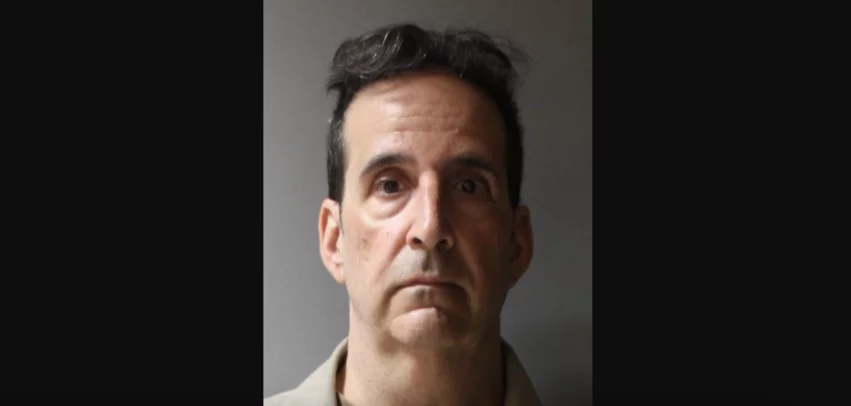Cardiologist sentenced to prison for child pornography charges
Frank Pollaro, a 55-year-old cardiologist from Long Island, New York, will spend the next several years in prison for possessing child pornography.
Pollaro, already a registered sex offender, pleaded guilty to two counts of Possessing a Sexual Performance by a Child back in July. He has now been sentenced to four to eight years in prison for his crimes, and he is surrendering his license to practice as a cardiologist in the state of New York.
“This defendant’s continued possession of child pornography notwithstanding a prior federal conviction for the same, demonstrates a disturbing pattern of behavior,” Suffolk County District Attorney Raymond A. Tierney said in a statement. “Prison, not probation, is appropriate for consumers of child sexual assault materials. My office also required that he surrender his New York State medical license as a necessary step to protect the public, especially innocent children because, inconceivable, New York State allowed this defendant to continue to practice medicine despite that prior child pornography conviction.”
Police searched “several electronic devices” belonging to Pollaro, identifying “thousands of images and videos.” He was previously found guilty of this same crime back in 2016. At the time, however, he was only sentenced to probation and was allowed to retain his medical license.


